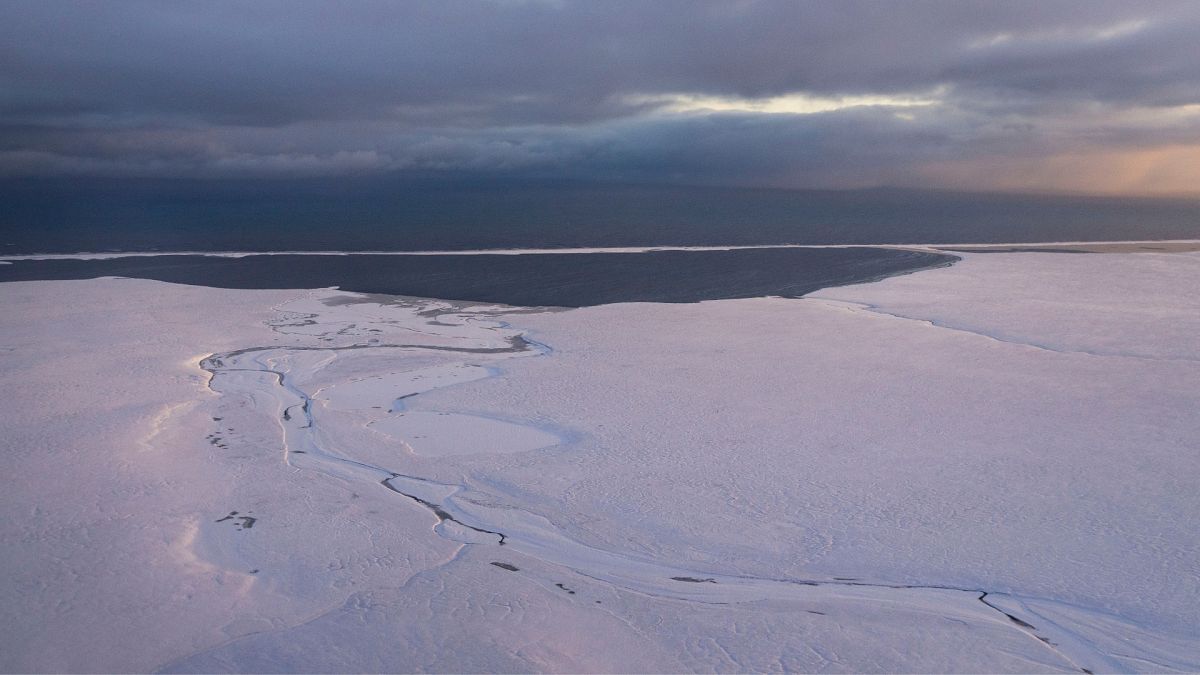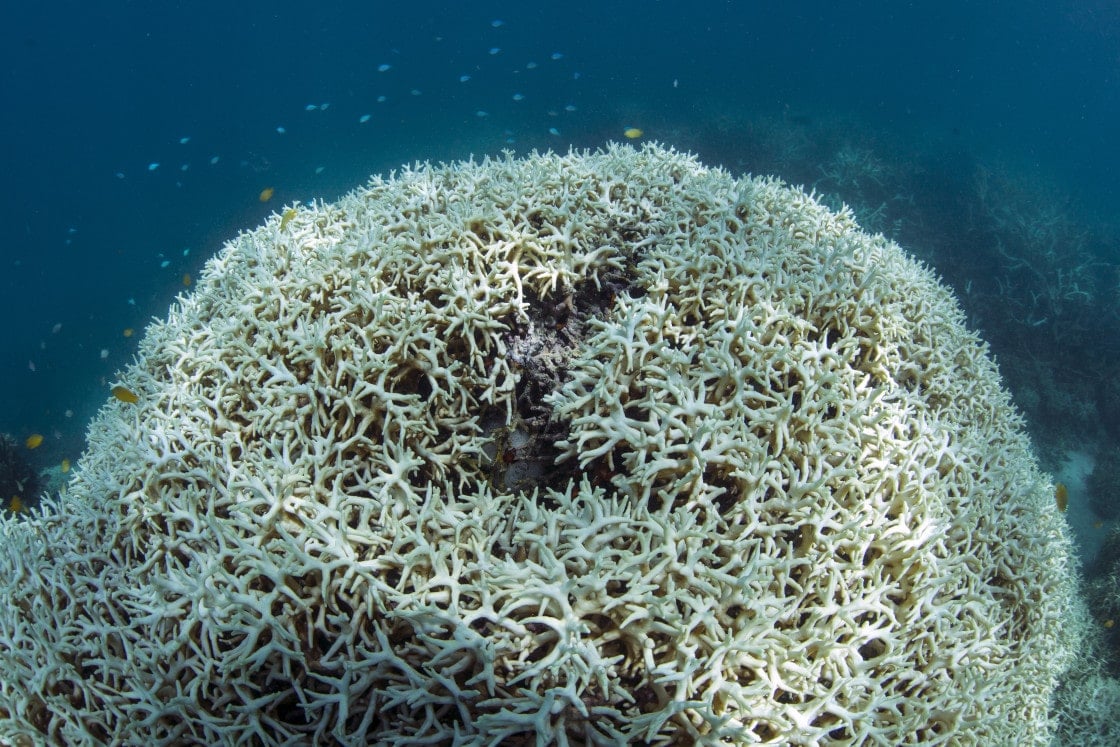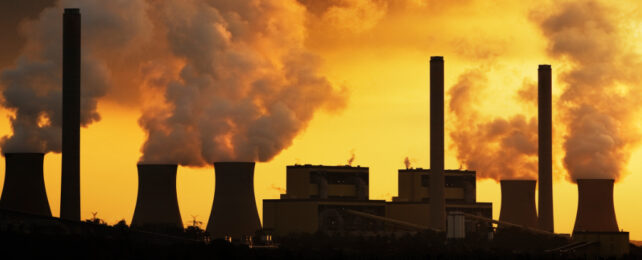
The year 2024 was the world’s warmest on record globally, and the first calendar year in which global temperatures exceeded 1.5°C above its pre-industrial levels.

Dramatic changes in the Arctic are being driven by high temperatures and intense wildfires. After storing carbon dioxide for millennia in frozen soil, the Arctic tundra has now become a source of emissions.

A team puts forward a possible explanation for the rise in global mean temperature: our planet has become less reflective because certain types of clouds have declined.

New research highlights the stark choice we face when it comes to climate change: solve the crisis now, or spend a lot more money and resources solving the crisis in the future, after environmental tipping points have been passed.

Researchers have used computer models to forecast when the Arctic Ocean might experience its first ice-free day.

Antarctica has shown a warming trend over the past 60 years, with the West Antarctic and Antarctic Peninsula regions showing a faster change.

By 2100, parts of the Arabian Peninsula could experience up to 9 degrees Celsius of warming.

Parts of the Great Barrier Reef have suffered the highest coral mortality on record, Australian research showed Tuesday, with scientists fearing the rest of it has suffered a similar fate.

The IUCN Red List of Threatened Species is warning that over 44% of reef-building coral species globally are at risk of extinction.

This year is now virtually certain to beat 2023 as the hottest year on record. It will also be the first full year to surpass 1.5C above pre-industrial levels across the majority of observational records.

Greenhouse gas levels surged to a new record in 2023, committing the planet to rising temperatures for many years to come. CO2 is accumulating in the atmosphere faster than any time experienced during human existence.

Methane concentrations in Earth's atmosphere increased at record speed over the past five years. At least two-thirds of annual methane emissions now come from human activities.

Surprising new evidence of variable heat tolerance in corals was discovered recently. As the world's oceans warm, these differences are important.

Even with rapid emission cuts, some level of continued acidification may be unavoidable due to the CO2 already emitted and the time it takes for the ocean system to respond.

The sea surface temperature in the Fijian archipelago in the southwestern Pacific is now at its maximum for more than 600 years.